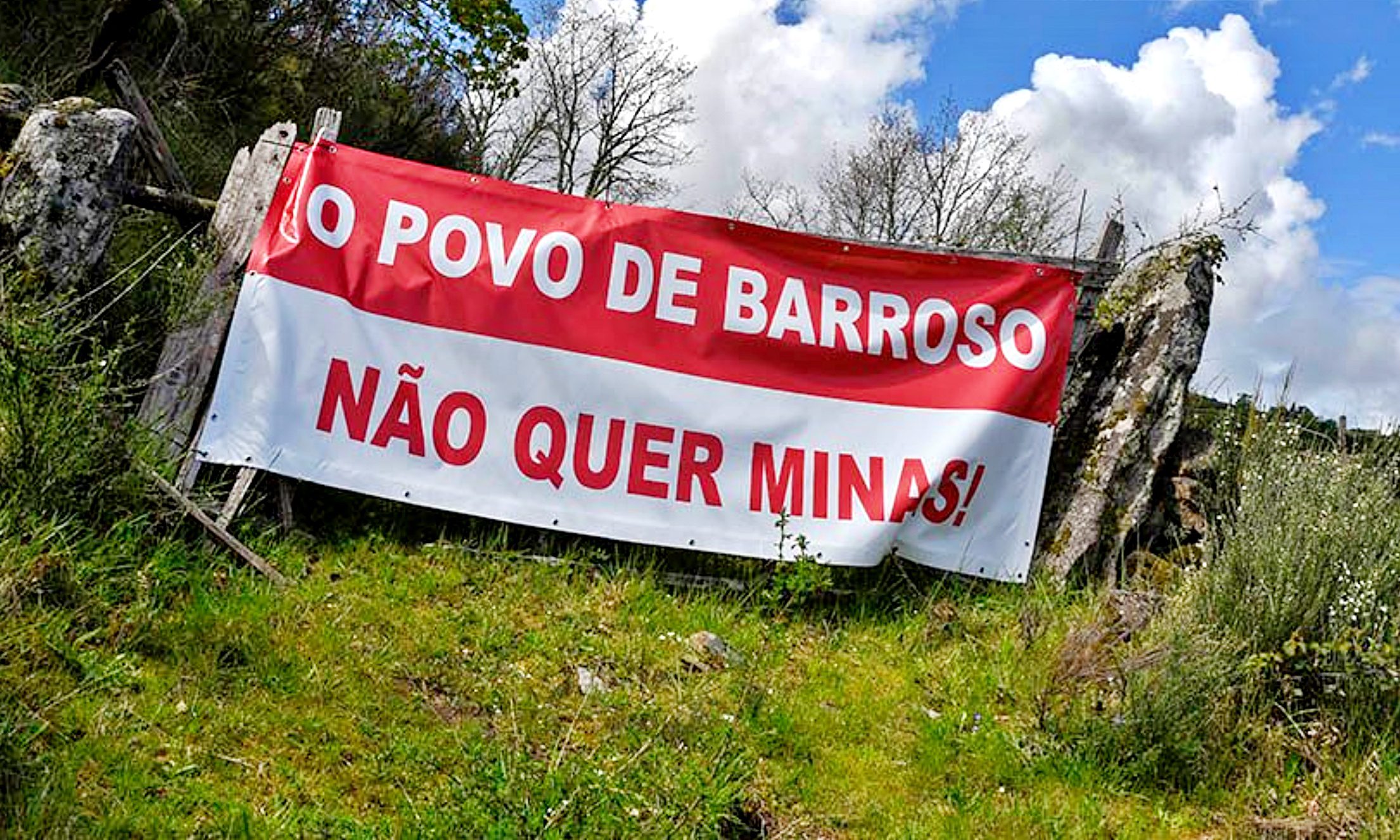Municipality in uproar over government’s support for Savannah Lithium
The Mayor of Boticas has accused Savannah Resources (also known as Savannah Lithium) of carrying out work outside the land included in the administrative easement granted by the Government – an accusation refuted by the company intent on mining lithium in the municipality.
“This is serious”, mayor Fernando Queiroga has told reporters. “They had already tried to go onto a piece of land belonging to a landowner, but he wouldn’t let them. Today the company was accompanied by the GNR and the landowner was ordered to leave because otherwise he would be arrested. This is yet another bizarre episode in the style of this company that takes matters into its own hands, and a Secretary of State who gives it the go-ahead, which is not normal.”
Secretary of State for Energy, Maria João Pereira, issued a dispatch, published on December 6 in the Official Gazette, which authorises the establishment of an administrative easement, for a period of one year, allowing Savannah to access private land for lithium prospecting, namely in the parish of Covas do Barroso.
Emanuel Proença, CEO of Savannah Resources, the concessionaire of the Barroso lithium mine, has refuted Mayor Queiroga’s accusations, but this is just the latest episode in a smouldering war between the residents of the locality, and Savannah which has been trying to move forwards with its mining strategy in Covas do Barroso for years.
“We do not need to work in areas that we are not authorised to enter. We do not intend to do so and we are not doing so,” Proença has told Lusa.
But Mayor Queiroga explains that “the Secretary of State granted a concession for a certain piece of land that belongs to Brandão, Romaínho, and the company has to pass through other places to get there, and it is in places that do not have administrative easement”.
The mayor also said that this situation “follows the path of what the company has been doing, the colonial and abusive tone with which it has treated that population”.
Emanuel Proença is the third CEO of the company that has, as yet, failed to start mining and has had to reschedule plans on a number of occasions. As of today, mining activity is not due to start until 2027.
Refuting the mayor (and residents’) criticisms, Proença tells Lusa that Savannah’s work “is probably one of the most scrutinised in the country at the moment” and, therefore, the company takes “extreme care in doing a job well done” and “extreme care in sharing information proactively”.
“We have a group of opponents to the project who are always looking for our flaws and when they can’t find them, they invent them,” the Portuguese CEO added, also refuting accusations of a lack of dialogue and clarifications on the part of the lithium mine concessionaire.
Today the newspaper “Negócios” reports that Savannah wants to expropriate 472 plots of land in Boticas, a list that was published in December in the media and posted in local notices.
Emanuel Proença explains that the publication of this list is required by law and is an initial phase of the expropriation process, which is “following its normal procedures”.
According to Fernando Queiroga the list includes land belonging to the council, and there is no way the council will be rolling over and playing ball.
“Now I have the aforementioned 30 days to say that we will not sell for any price”, he tells Lusa, adding that the parish council and owners will also say that they will not accept selling – “and the process will drag on. Once again the company is adopting a colonial style of I want, I can and I command”, he said.
Portuguese Environment Agency APA made lithium exploration in Barroso environmentally viable by issuing a favorable Environmental Impact Statement (DIA) in May 2023, integrating a wide range of conditions, in spite of all the deeply damaging impacts that local people and technical experts have been citing.
This has been a bitter struggle since the outset (hence the changing CEOs). It shows no sign of getting any easier, in spite of the government’s support for lithium mining in communities where livelihoods will be (and are already being) drastically affected. ND
Source material: LUSA


























